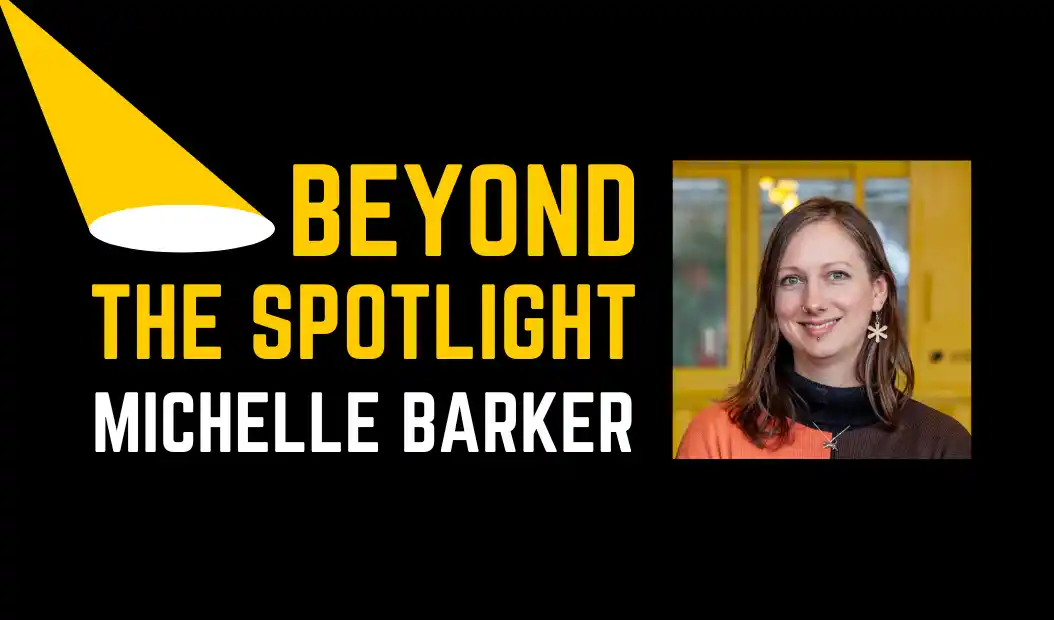A glance at the Israeli companies traded on Wall Street since the start of the year reveals an odd trend: some Israeli med-tech companies have been among the best performers on Nasdaq since the start of 2023, while other Israeli med-tech companies have been among the worst performers, losing almost all of their value.
This type of divergence typifies the med-tech industry in which a successful trial can boost a share while a failed trial can mean disaster.
Among the Israeli shares outperforming the market is drug development company BioLineRX (Nasdaq: BLRX; TASE: BLRX), which has risen 166% this year, after receiving FDA approval for its myeloma (blood cancer) treatment APHEXDA. As the drug was only approved in September it has yet to generate revenue.
Even after the share price’s large rise, BioLine has a market cap of just $130 million, which probably takes into account the time and expense it takes to build a marketing and sales network and educate the market on a new drug, while the company only has limited cash of $26 million in its coffers.
Medical device company InspireMD (Nasdaq: NSPR), which develops innovative stents, has seen its share price rise 156%. The company’s performance has been based, not so much on a successful clinical trial, but a deal in which it has raised $42 million immediately, possibly rising to $113 million, even though the company only had a market cap of just $12 million.
Several US funds invested in the company after they identified the potential of growing sales in Europe and InspireMD now has a market cap of $50 million.
Brainsway (Nasdaq: BWAY), which markets a helmet for magnetic stimulation of the brain, for depression and OCD, has suffered a change in sentiment due to a more correct reading of the market. After a period of declining sales, when the company’s customers, psychiatric clinics, had difficulty purchasing the device due to market conditions and the interest rate environment. The company developed several models that allow customers to buy the device almost risk-free, and also receive from Brainsway full operational services and help in marketing the treatment to their patients. Now the company is trading at a market cap of about $98 million, after revenue has again begun increasing and since the start of the year the share price is up 163%.
Good technologies, problematic market conditions
Usually, sharp declines in the biotech and medical devices fields are the result of a failed clinical trial, and as a result companies that depend on one or two products may lose tens of percent or even almost all of their value in one day. This is what happened to drug development company Oramed (Nasdaq: ORMP; TASE: ORMP), which is developing an insulin tablet for diabetes patients and PolyPid (Nasdaq: PYPD), which has developed an implant for delayed release of antibiotics. The two companies have not completely disappeared, meaning the market still sees value in their technology and the possibility that they will develop it for additional uses in the future. Ormed trades at a market cap of $87 million, and PolyPid at $78 million, having both lost 82% since the start of 2023.
RELATED ARTICLES
Oncology co NovoCure to lay off 200
Galmed Pharmaceuticals (Nasdaq: GLMD), which develops drugs for liver, metabolic and inflammatory diseases, has lost 95% of its value since the start of 2023, even though actually reported positive results from a clinical trial in January and its share price began to rise. But after initial interest, and development in the field in which the company operates, enthusiasm waned and Galmed slipped into the well-known mire for drug development companies of not having enough cash or strategic investors and it became unclear whether it would be able to realized its business plans, however interesting they might be.
In June, Galmed announced that it had halted seeking strategic alternatives and was forced to raise capital at a share price much lower than the market price. Then it reported the delay of its next clinical trial and this has led to a 96% fall in its share price since the start of 2023.
NovoCure still worth more than all the others put together
Lastly is NovoCure (Nasdaq: NVCR), which was the most valuable Israeli company traded on Wall Street in 2021 with a market cap of $23 billion. NovoCure is marketing a novel therapy for solid tumors using electric fields, which has annual revenue of $500 million, mainly for the treatment of brain tumors.
The market was waiting to see what NovoCure could do with other types of cancer, but this year the company experienced a failure in an ovarian cancer trial. In addition, a lung cancer trial that it declared a great success was seen by the market as outdated and perhaps not enough to convince doctors to use the product. NovoCure still hopes to get approval for this product and launch it during 2024, and if it does prove as successful as it believes, its fortunes could turn around. Meanwhile, the stock is trading at its lowest price in five years, with a market cap of $1.3 billion, still more than all the other Israeli companies mentioned in this article put together.
Although these companies are recognized abroad as Israeli, their commercial activities mostly take place in foreign markets, and even the clinical trials are mostly conducted outside of Israel. Therefore, they are only influenced to a limited extent by the situation in Israel and the local market.
Published by Globes, Israel business news – en.globes.co.il – on December 17, 2023.
© Copyright of Globes Publisher Itonut (1983) Ltd., 2023.





















